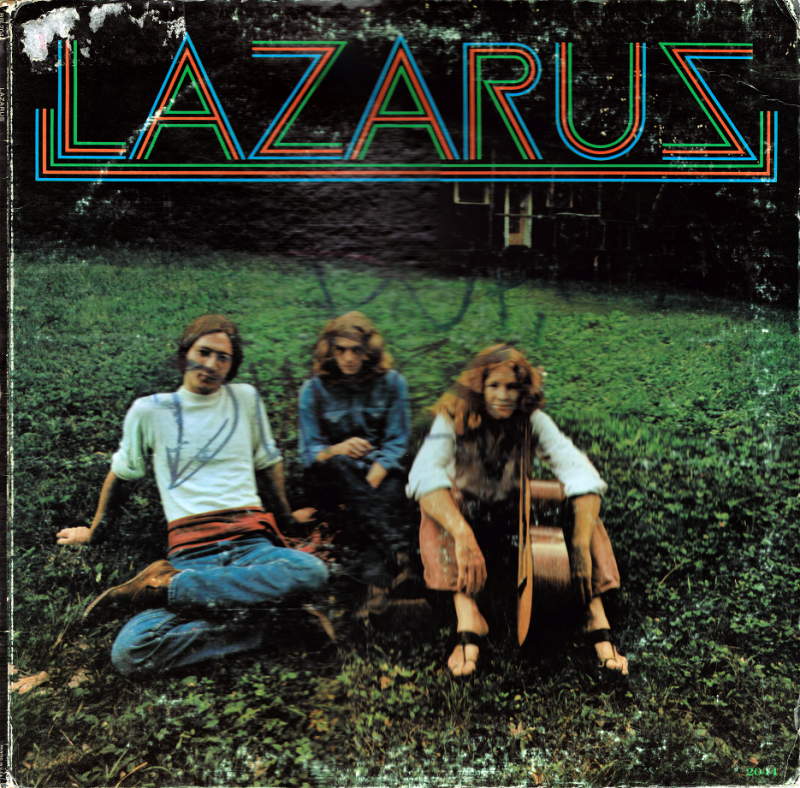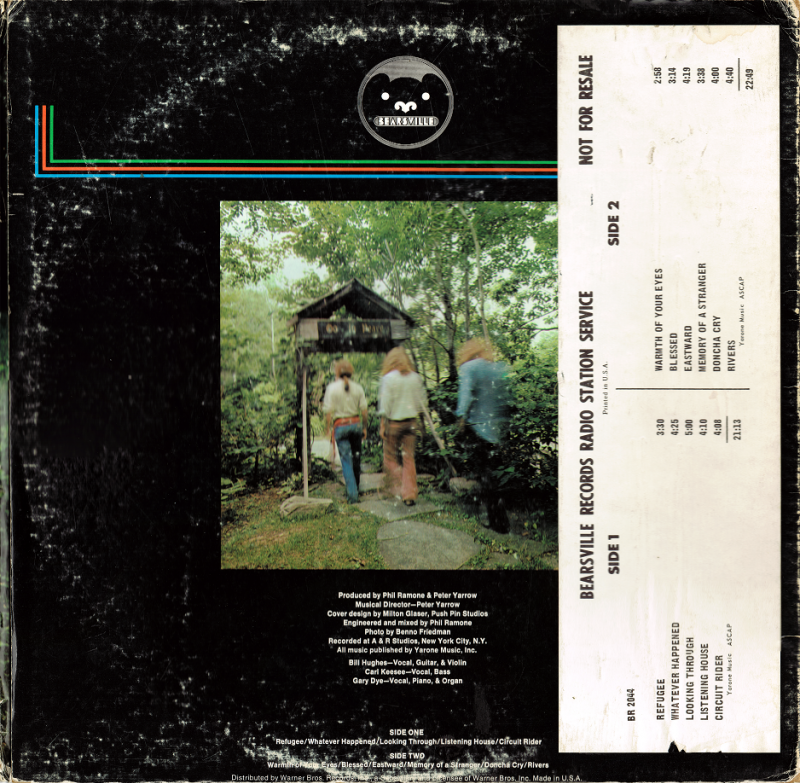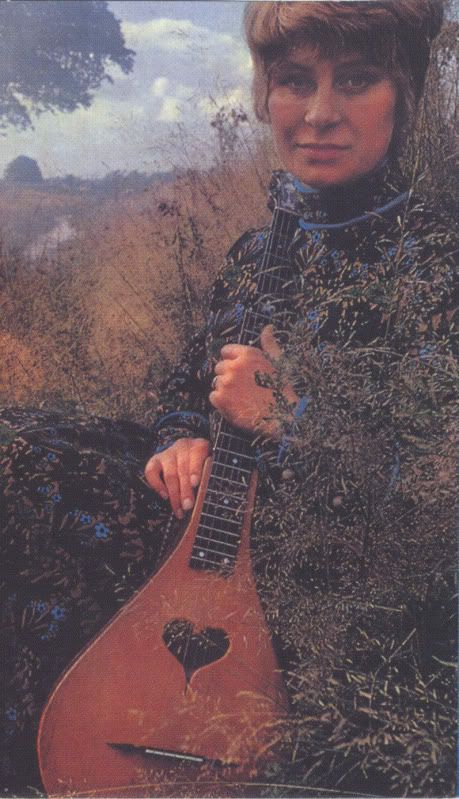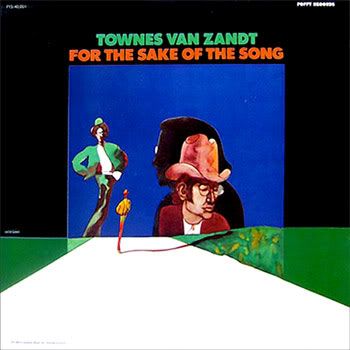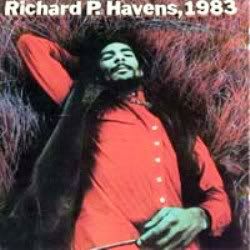Dorris Henderson and John Renbourn
There You Go!
Original release 1965 EMI
1999 reissue, Big Beat Records (CDWIKD 186)
1 Sally Free And Easy (Cyril Tawney) 3:56
2 Single Girl 2:30
3 Ribbon Bow 1:28
4 Cotton Eyed Joe 2:16
5 Mr Tambourine Man (Bob Dylan) 3:47
6 Mist On The Mountain 1:46
7 The Lag's Song (Ewan MacColl) 2:34
8 American Jail Song 2:42
9 The Water Is Wide 2:42
10 Something Lonesome (John Renbourn) 2:09
11 Song (Falling Star) (Lyrics - John Donne, music - John Renbourn) 2:04
12 Winter Is Gone 2:51
13 Strange Lullaby (Lyrics - Judith Piepe, music - John Renbourn) 1:49
14 You'll Need Somebody On Your Bond (Blind Willie Johnson) 3:17
15 One Morning In May 2:24
16 Darling Corey 3:07
17 Going To Memphis 3:09
18 Hangman 2:32
19 Leaves That Are Green (Paul Simon) 2:18
Guitar, Backing Vocals John Renbourn
Vocals Dorris Henderson
Photography By Brian Shuel
Flabber blabber:
Some very early John Renbourn here, paired with US-born Dorris Henderson. She sings in a very early-60s trad "folk revival" style heavy on the vibrato, not so bad as to shatter crystal like Joan Baez, but it's still not my thing and often grates on my nerves. Although this album may be more of historical interest for folk collectors and Renbourn fans, it does have its moments that shine. The guitar playing, it goes without saying, is fantastic all throughout. The one vocal duet, Misty Mountain, is lovely, and when Dorris loosens up - as she does on 'Cotton Eyed Joe,' 'American Jail Song' or 'Darling Corey,' I can connect a bit more. The record would have benefited from more of John's compositions, which even atthis early date had a very characteristic sound. "Strange Lullaby" is great, and the tune "Something Lonesome" is sort of an earlier version of what would turn into "The Bells" later with Bert Jansch. And matching poems by Elizabethan poet John Donne or Robert Penn Warren to original music is pretty neat. Henderson had a good knack for arrangements of traditional tunes too, as 'Winter Is Gone' sounds like she wrote it herself with Renbourn. A pleasant album, even if not as evocative as it could have been.
Some very early John Renbourn here, paired with US-born Dorris Henderson. She sings in a very early-60s trad "folk revival" style heavy on the vibrato, not so bad as to shatter crystal like Joan Baez, but it's still not my thing and often grates on my nerves. Although this album may be more of historical interest for folk collectors and Renbourn fans, it does have its moments that shine. The guitar playing, it goes without saying, is fantastic all throughout. The one vocal duet, Misty Mountain, is lovely, and when Dorris loosens up - as she does on 'Cotton Eyed Joe,' 'American Jail Song' or 'Darling Corey,' I can connect a bit more. The record would have benefited from more of John's compositions, which even atthis early date had a very characteristic sound. "Strange Lullaby" is great, and the tune "Something Lonesome" is sort of an earlier version of what would turn into "The Bells" later with Bert Jansch. And matching poems by Elizabethan poet John Donne or Robert Penn Warren to original music is pretty neat. Henderson had a good knack for arrangements of traditional tunes too, as 'Winter Is Gone' sounds like she wrote it herself with Renbourn. A pleasant album, even if not as evocative as it could have been.

